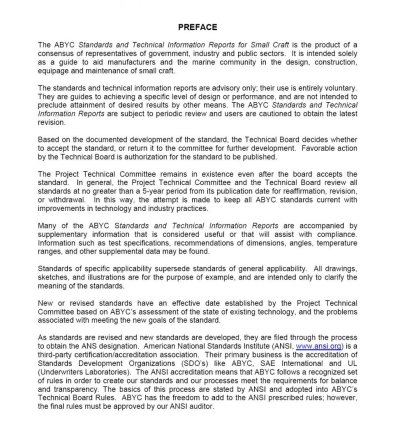- Joined
- Nov 8, 2012
- Messages
- 2,315
- Location
- USA
- Vessel Name
- Sandpiper
- Vessel Make
- Bluewater 40 Pilothouse Trawler
Leviton and Hubbel sell commercial back wire outlets that has a clamp style wire connection that works well with stranded wire. Stick the stripped stranded wire into hole or back of clamp plate and tighten clamp screw.

